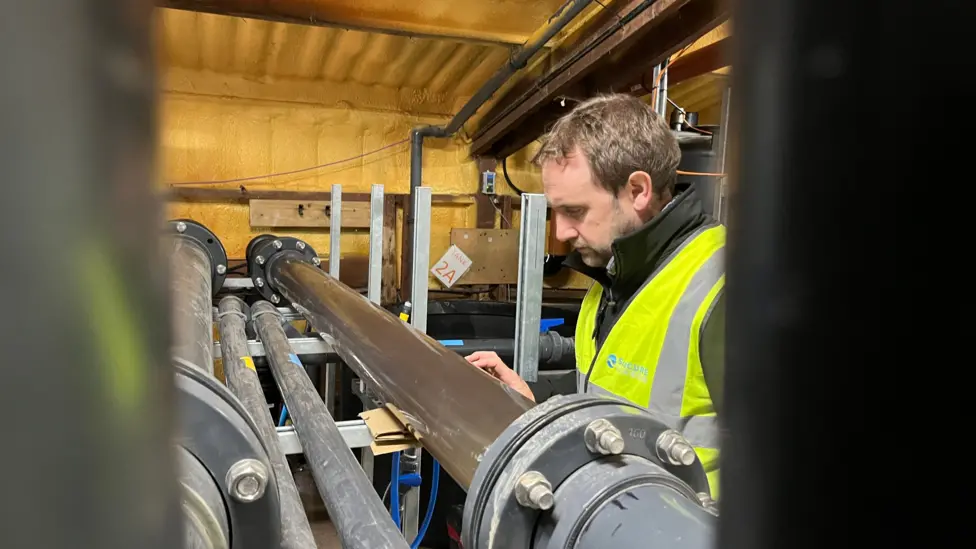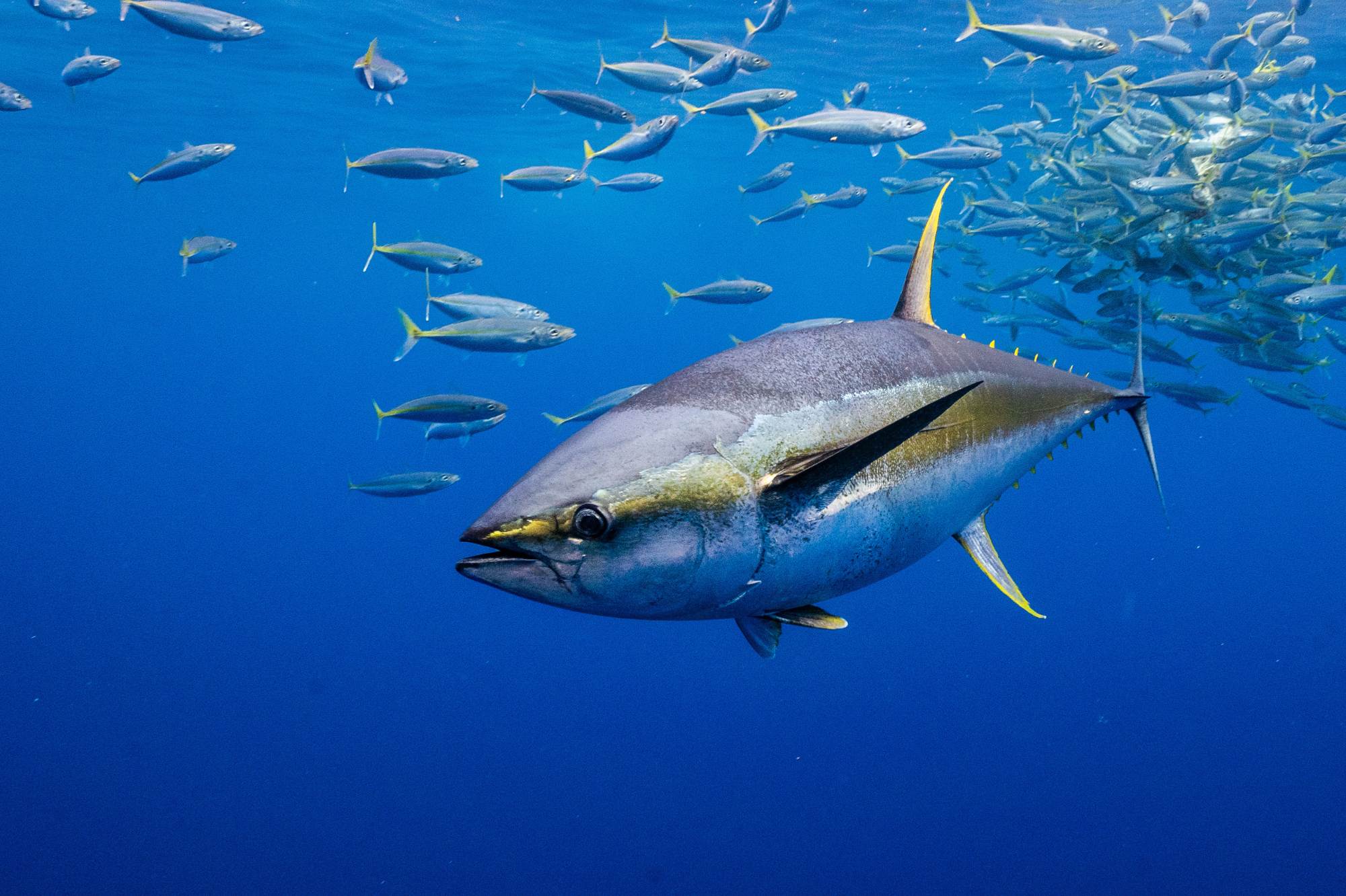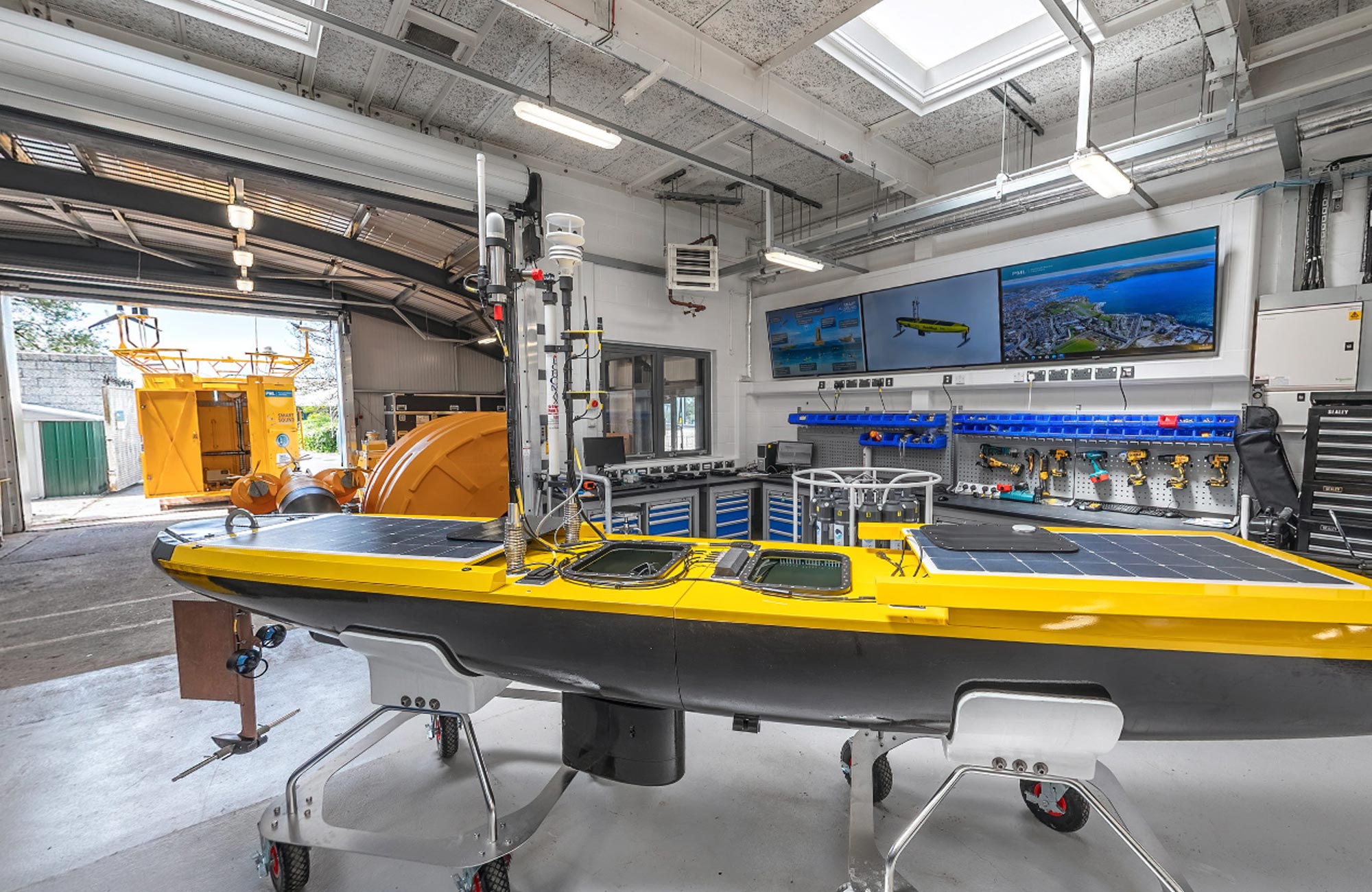Evidence Week: SeaCURE
Wednesday 5 November 2025
Location: Jubilee Room, Westminster, London

Plymouth Marine Laboratory and the University of Exeter have been invited to exhibit research from the SeaCURE project in parliament for Evidence Week on the 5th of November, from 9:30am – 12:30pm. The event offers an opportunity for researchers to connect with policy makers and advisers, to support evidence-based decision making.
SeaCURE is a carbon capture project that could pave the way for large-scale removal of carbon dioxide (CO₂) from the atmosphere using the ocean. MPs, peers and parliamentary staff are warmly invited to drop in or book a slot to meet our researchers (Professor Paul Halloran, Professor Tom Bell and Guy Hooper) and discuss the science involved.
Find out more and book a slot here >>
About SeaCURE:
The SeaCURE pilot plant – which has been built at Weymouth SEA LIFE Centre on the South Coast of England – has been funded with thanks to a £3 million grant from the UK Government’s Department for Business, Energy & Industrial Strategy (BEIS), as part of its search for technologies that fight climate change.
It is one of 15 pilot projects being backed in the UK as part of efforts to develop technologies that capture and store greenhouse gases.
The ocean currently absorbs around 25% of the carbon dioxide (CO₂) – the most prolific greenhouse gas – emitted each year by humans. SeaCURE’s approach seeks to enhance this capacity further by extracting CO₂ from seawater, thereby enabling further absorption of atmospheric CO₂.
The process involves acidifying seawater in order to convert dissolved carbon into gaseous CO₂, which is then captured and stored. The treated water is subsequently rebalanced using alkaline substances before being returned to the marine environment. Although the current scale is modest – removing around 100 tonnes of CO₂ annually – the project aims to assess the feasibility of expanding this method as part of broader carbon dioxide removal strategies.
Current Events
No current events at this time.
Upcoming Events
13th annual World Ocean Summit
4 March 2026
PML at Oceanology International 2026
10 March 2026
NERC Tech Forum 2026
2 June 2026



